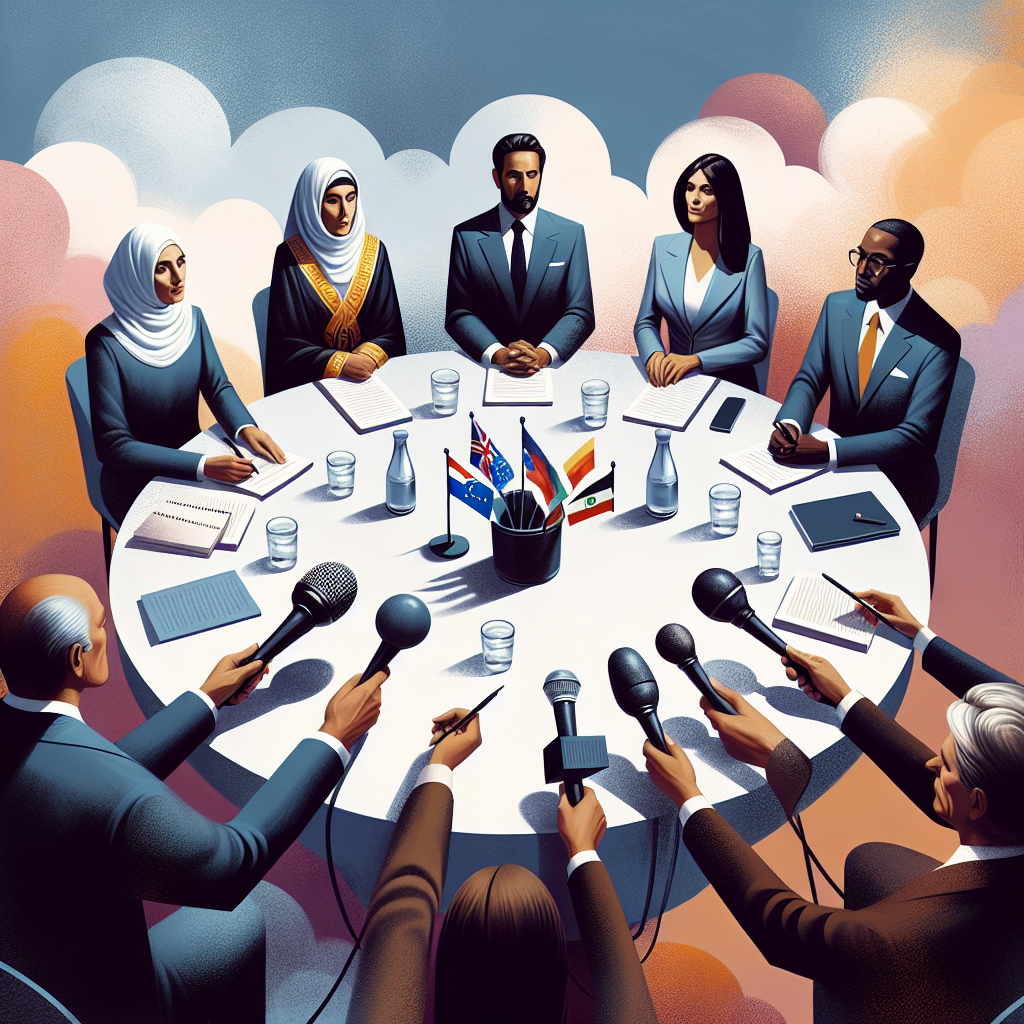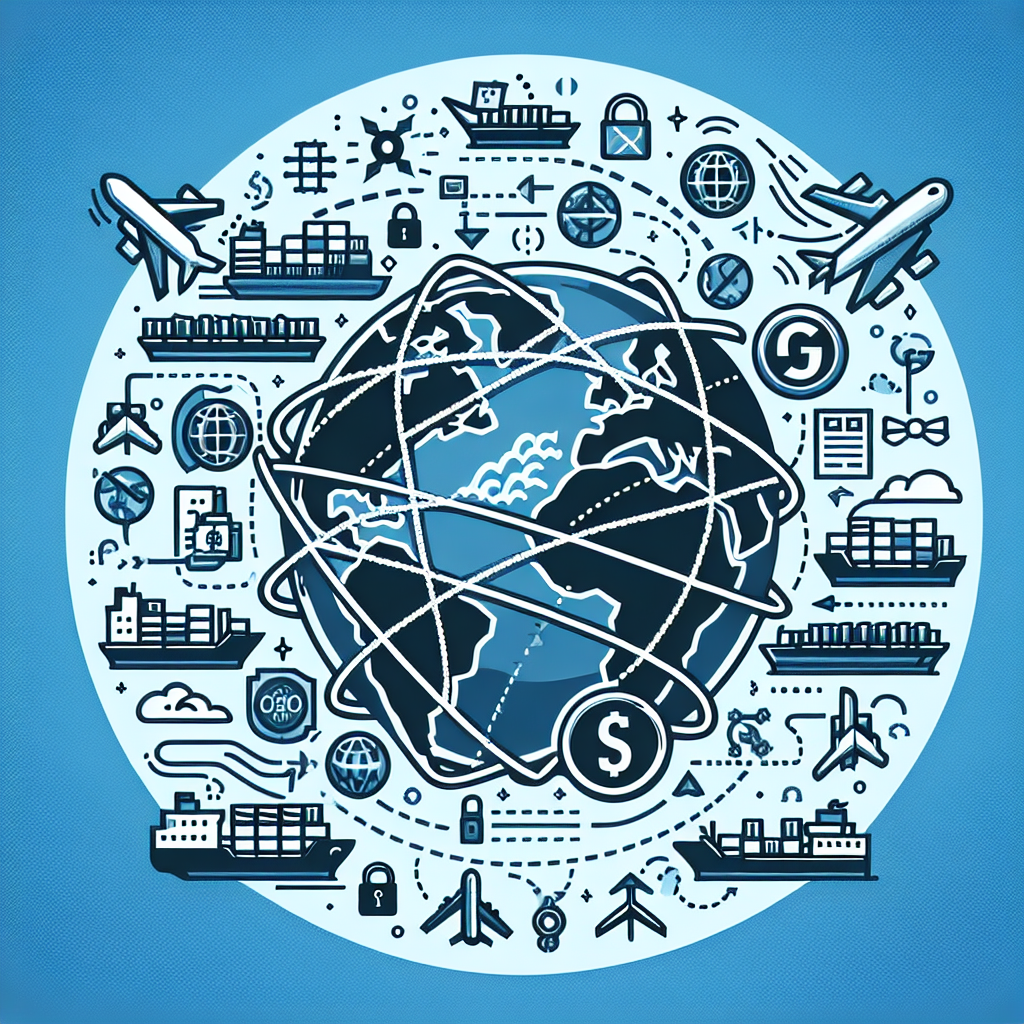
Introduction
In an era where political discourse is increasingly polarized and contentious, the role of moderators in shaping this conversation has become paramount. With the rise of social media, online forums, and digital news platforms, moderators serve as gatekeepers, influencing which narratives are amplified and how public discussions unfold. In 2025, as our society grapples with complex issues ranging from climate change to social justice, the impact of moderators on political discourse is more significant than ever. This article examines the crucial function of moderators, their responsibilities, and the challenges they face in promoting healthy political dialogue.
The Importance of Moderators in Political Discourse
Moderators play an essential role in ensuring that political discourse remains respectful, informative, and inclusive. As the facilitators of discussions in various platforms—be it social media, forums, or traditional media—moderators help to establish the tone and standards of conversations. They create a space where diverse opinions can be expressed while simultaneously managing the risks that come with civil discourse. By upholding rules and guidelines, moderators ensure that participants engage meaningfully, enabling a deeper understanding of differing perspectives.
In 2025, political polarization has reached new heights, making the role of moderators all the more vital. They must balance the need for free expression with the responsibility of preventing the spread of misinformation and hate speech. For example, during election cycles or in reaction to significant policy changes, moderators often find themselves at the forefront of discussions that can sway public opinion. The decisions they make regarding which comments to allow or delete can have ripple effects, influencing not just individual discussions but also the broader political landscape.
Challenges Faced by Moderators in Today’s Political Climate
Moderators in 2025 encounter a myriad of challenges while navigating the complexities of political discourse. One of the most significant challenges is the sheer volume of content generated on platforms every second. With millions of users sharing their opinions, moderators must adopt efficient algorithms and guidelines that can help them filter through vast amounts of data without sacrificing the quality of discourse. The reliance on technology brings its own set of concerns—namely, the potential for bias within algorithms that may inadvertently favor certain narratives over others.
Furthermore, the emotional intensity surrounding political issues often leads to personal attacks and hostile interactions among participants. Moderators must possess not only a deep understanding of the topics at hand but also strong emotional intelligence to de-escalate conflicts and maintain a constructive dialogue. In 2025, viral incidents of de-platforming—where users are banned from participating due to their views—underscore the fine line moderators walk. They must act decisively to prevent harassment while also remaining transparent and fair to all parties involved.
The Role of Technology in Moderation
Advancements in technology have revolutionized the way moderators approach their roles in 2025. Artificial intelligence (AI) and machine learning tools can help identify harmful content and manage discussions more efficiently than ever before. For instance, platforms now employ sophisticated algorithms capable of detecting hate speech, bullying, or misinformation, thereby assisting human moderators in focusing on more nuanced and complex cases. This collaborative relationship between human decision-making and technological assistance is pivotal in maintaining effective moderation in the ever-evolving landscape of political discourse.
However, reliance on technology comes with inherent challenges, particularly regarding transparency and accountability. Users are increasingly aware of the influence that algorithms have on what information is presented or suppressed. This has sparked debates about censorship and the ethical implications of automated content moderation. In navigating these issues, moderators must strike a balance between using technology to enhance discussions while ensuring that their methods remain fair and transparent.
Moreover, as new platforms emerge and established ones evolve, moderators must adapt to different environments and cultures. Each platform may have a unique user base with varying expectations for discourse. For instance, what may be considered acceptable on a niche political forum might not translate well to a broader social media platform. Consequently, moderators need to remain agile and culturally competent, continuously learning and adjusting their strategies to foster effective conversations in diverse online communities.
The Future of Moderation and Its Impact on Political Discourse
Looking ahead to the future of moderation, we find significant implications for political discourse resulting from ongoing technological innovation and evolving social dynamics. One possibility is the emergence of more sophisticated moderation tools that enhance participation while maintaining safety. As the demand for accountability and transparency in moderation grows, we may witness the rise of decentralized platforms that allow users to have a greater say in governing discussions. This shift could lead to a more democratized space for political discourse, where diverse voices can thrive without compromising safety.
On the other hand, as political discourse continues to evolve, moderators will need to tackle increasing scrutiny from users when it comes to their biases and decisions. Expectations for moderation that are perceived as fair and balanced will become central to the effectiveness of moderators in shaping political discourse. In this climate, fostering trust between moderators and users will be paramount, requiring moderators to engage with their communities and communicate openly about the guidelines and policies they enforce.
Lastly, the role of education in moderation cannot be overlooked. As political discourse becomes more complex, there’s a substantial opportunity for moderators to promote political literacy among users. By facilitating workshops and providing resources for critical thinking, moderators can empower users to engage in more informed discussions. This proactive approach could play a crucial role in bridging divides and fostering a more inclusive and constructive political environment.
Enhancing Political Discourse through Effective Moderation
Effective moderation can cultivate a more constructive and respectful political discourse, ultimately shaping the public dialogue in positive ways. To achieve this, moderators need to implement best practices that prioritize transparent communication and community engagement. By actively soliciting feedback from users regarding the moderation process, moderators can ensure that their strategies resonate with the community while also addressing potential concerns related to biases or perceived unfair treatment.
Additionally, offering clear guidelines on acceptable conduct can help set behavioral norms that discourage hostility and promote thoughtful engagement. As political tensions rise, moderators must be equipped to remind participants of the importance of listening to differing viewpoints and engaging in civil discourse. Reinforcing these principles can help transform contentious discussions into opportunities for learning and collaboration, thus enriching the overall conversational landscape.
Finally, collaborations between moderators, educators, and community leaders could offer innovative solutions for enhancing political discourse. By creating partnerships that focus on conflict resolution, negotiation skills, and understanding opposing viewpoints, moderators can broaden their impact beyond individual platforms. Such initiatives could lead to the development of a more informed populace that values respect and rationality in political discussions, ultimately influencing how political issues are debated across society.
Conclusion
In conclusion, moderators play an indispensable role in shaping political discourse, particularly in today’s fast-paced and polarized landscape. Balancing the need for free expression with the necessity of maintaining civility and preventing misinformation presents several challenges. However, through the effective use of technology, transparent practices, and community engagement, moderators can significantly enhance the quality of political discussions. As we look to the future, the evolving nature of moderation will continue to impact how societies converse about critical issues, making the task of moderators ever more vital in building a responsive and inclusive public dialogue.
FAQs
What are the primary responsibilities of moderators in political discussions?
Moderators are responsible for guiding conversations, ensuring respectful interactions, enforcing community guidelines, and preventing the spread of misinformation during political discussions.
How does technology influence the role of moderators?
Technology, particularly AI and machine learning, assists moderators by identifying harmful content and automating discussions. This allows moderators to concentrate on complex issues needing human oversight.
What challenges do moderators face in 2025?
Moderators face challenges such as high volumes of content, managing polarized opinions, ensuring transparency in their decisions, and adapting to the unique cultures of different online platforms.
Democracy versus Autocracy: A Global Perspective
16. Dezember 2025The Impact of Sanctions on Global Trade Dynamics
16. Dezember 2025Geopolitical Tensions in the South China Sea
16. Dezember 2025
Leave a reply Antwort abbrechen
-
Trends in Eco-Friendly Sports Technologies
15. Dezember 2025 -
The Psychology of a Packed Sports Schedule
13. Dezember 2025 -
New Protections for Workers: Labor Law Revisions
5. Dezember 2025





